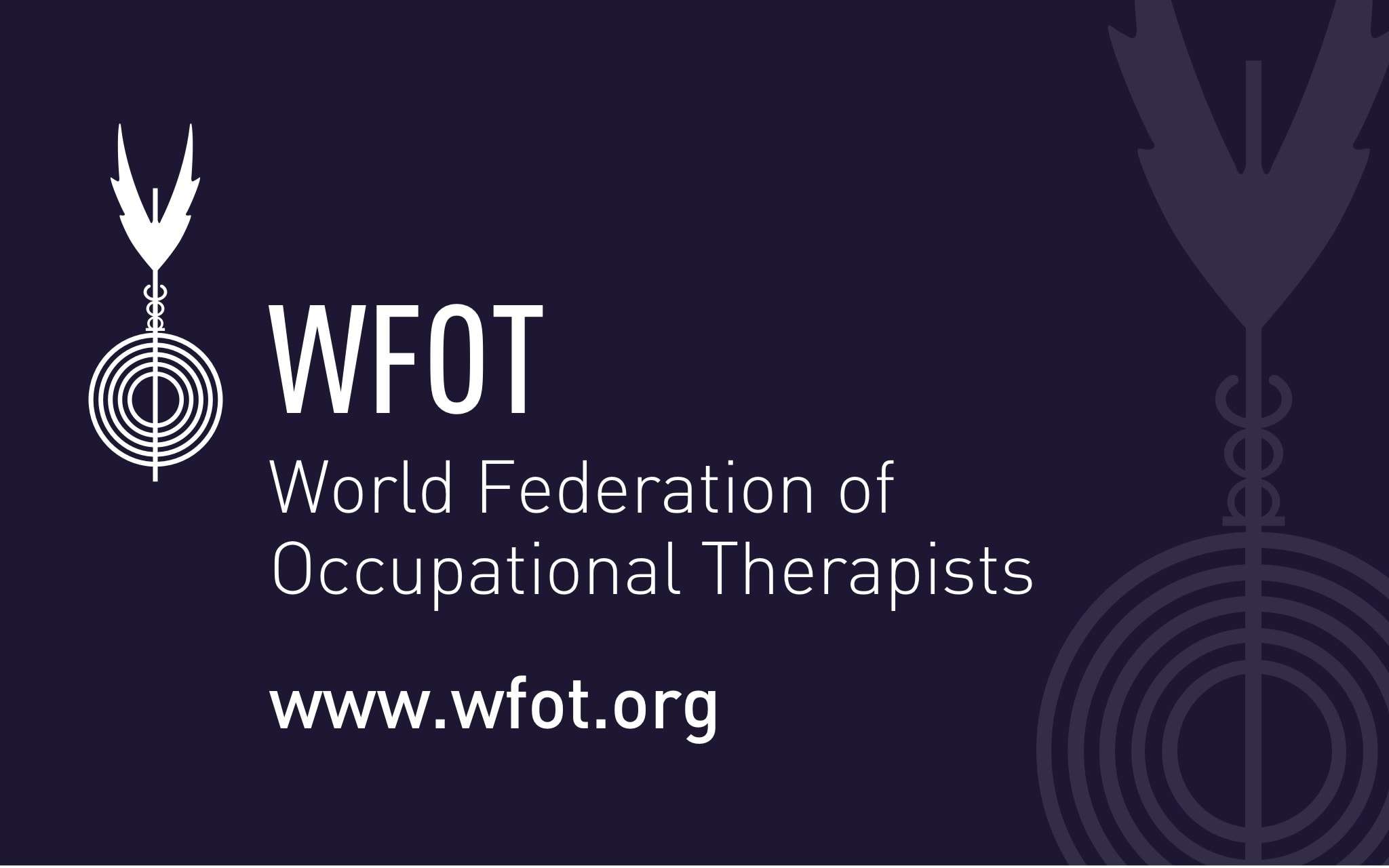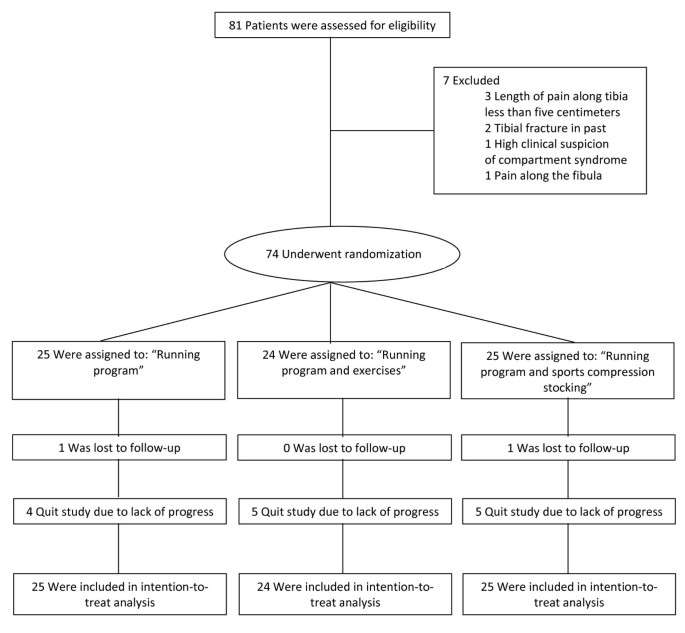But, what does an occupational therapist actually do? Here’s a look at the roles and responsibilities of occupational therapists, as well as the required skills and education, and career outlook.
What is an Occupational Therapist?
Occupational therapy (OT) is an allied health profession that involves the therapeutic use of everyday activities, or occupations, to treat the physical, mental, developmental, and emotional ailments that impact a patient’s ability to perform daily tasks.
Healthcare professionals such as occupational therapists are practitioners who use therapeutic techniques to improve, rehabilitate, or maintain a patient’s motor skills and overall ability to perform everyday activities.
Michael Roberts, associate professor and program director of the Master of Science in Occupational Therapy program at Regis College, explains, “Our job as OTs is to help people be more independent, have better quality of life, and live with as few restrictions as possible.”
Occupational therapy differs from other healthcare professions like physical therapy or nursing in its focus on treating the whole patient, rather than treating a particular injury, ailment, or physical disability. For example, after a surgery a nurse might assist a patient with pain management, dressing changes, and care during recovery. An occupational therapist, on the other hand, will assess the types of activities that are important to the patient and teach them how to become independent again following the surgery, so that they can resume the roles that define who they are.
“What sets OTs apart is our focus on occupation as the tool we use to restore, rebuild, and enhance our clients’ lives,” notes Roberts. “When we say ‘occupation’, we mean the activities that we do every day; the roles, tasks, and goals that define who we are. Everyone has activities that define who they are, whether it’s work tasks, artistic expressions, leisure pursuits, school responsibilities, or play activities. Using those activities as therapeutic tools helps us build better lives for our patients.”
Key Roles and Responsibilities
As discussed above, occupational therapists work with their patients by taking a therapeutic approach to everyday activities. Broadly, this means that occupational therapists are responsible for helping patients develop, recover, improve in regards to a condition or injury, as well as maintain the skills needed to execute daily activities. But, what does this actually entail?
In general, OTs are responsible for a wide range of duties and tasks related to patient care. Depending on the setting in which they work, the roles of an OT often include:
- Evaluating a patient’s condition and needs
- Developing treatment plans to address a patient’s needs and help them meet specific goals
- Assessing a patient’s home and/or work environment and recommending adaptations to fit the patient’s needs and improve independence
- Training patients and their caregivers to use special equipment
- Assessing and documenting progress for evaluation, billing, and reporting purposes
- And more
The day-to-day activities that occupational therapists take part in will also likely be influenced by the settings in which they work. Many occupational therapists work in hospital or private practice settings, however, there are many opportunities to work in other environments. For example, some practitioners work in educational settings to assist in child development or with the elderly to lessen the struggles that come along with aging. Those with an entrepreneurial spirit may even choose to open and manage their own private practice.
Required Skills
While occupational therapists come from all backgrounds, there are several key skills and qualities that lend themselves well to the nature of occupational therapy work. For instance, it is important for these professionals to have a strong sense of compassion and empathy in order to work with their patients’ best interests in mind as they help improve their everyday lives. In fact, many occupational therapists are drawn to this line of work from a desire to make a positive difference during a very difficult time in the lives of their patients.
In addition to having a people-oriented mindset, there are several skills that OTs should have to be successful in the field. Among these include:
- Communication Skills: OTs must have strong written and verbal communication skills in order to effectively understand the needs of their patients and explain the treatment process. Additionally, they must be able to clearly document treatment plans and progress, as well as collaborate with other healthcare professionals.
- Problem Solving: Since no two cases will ever be the same, good OTs must demonstrate excellent problem solving skills to determine the best course of action for each unique situation.
- Patience and Flexibility: Oftentimes, occupational therapy is a long road to restoring a patient’s independence. Good OTs must be patient and flexible when dealing with the high and low points throughout this process.
Required Education
Like many healthcare professions, occupational therapy requires extensive education and training in order to become a licensed practitioner. Most OTs enter the workforce with at least a master’s degree in occupational therapy, while some also choose to pursue a doctoral degree to advance further in the field.
In addition to earning a master’s degree from an accredited program, graduates must also take the national exam administered by the National Board for Certification in Occupational Therapy (NBCOT). While the requirements vary by location, all states require practitioners to pass the NBCOT exam to earn the title “Occupational Therapist, Registered” (OTR) and obtain state licensure.
For occupational therapists who wish to demonstrate their advanced skills in a particular area of practice, the American Occupational Therapy Association (AOTA) also offers various board and specialty certifications in areas such as:
- Gerontology
- Mental Health
- Pediatrics
- Physical Rehabilitation
- Driving and Community Mobility
- Environmental Modification
- Feeding, Eating, and Swallowing
- Low Vision
- School Systems
Is an Occupational Therapy career worth it?
Occupational therapists and those looking to enter the field can expect generous compensation and job growth over the coming years.
According to the Bureau of Labor Statistics (BLS), employment for OTs is expected to grow by 14 percent from 2021 to 2031, much faster than the average for all occupations. This change equates to roughly 10,100 more jobs in the field through the next decade.
In 2021, the BLS also found that occupational therapists earned an average annual salary of $85,570. Of course, compensation can vary substantially depending on the state in which they are employed.
The need for occupational therapists is predicted to rise in order to care for the aging baby-boom generation, as OTs play a large role in the treatment of age related ailments like arthritis and stroke. Furthermore, as patients continue to seek long-term treatment for disabilities and chronic illnesses, the demand for skilled and compassionate practitioners will continue to grow.
Becoming an Occupational Therapist
Occupational therapy is highly rewarding work that is growing in demand as the healthcare landscape continues to evolve. For those considering a career in the medical field, but are unsure of the direction they should follow, occupational therapy can be a valuable opportunity.
Roberts explains, “The biggest difference between OT and many other health care professions is that ‘We do with people, not to people.’ We’re all about helping people live life to the fullest, regardless of what their life is like or who they are.”
If you are passionate about making a positive impact in the lives of others, occupational therapy might be the right path for you. To get started on this path, earning a master’s in occupational therapy is the first step in becoming a registered OT and making a difference.
it might be the right move for you.
Are you considering earning your master’s degree in occupational therapy and becoming an occupational therapist? Learn more about the different reasons it might be the right move for you.
Definition “Occupation”
In occupational therapy, occupations refer to the everyday activities that people do as individuals, in families and with communities to occupy time and bring meaning and purpose to life. Occupations include things people need to, want to and are expected to do.
For further information, read the “Definitions of Occupational Therapy from Member Organisations revised 2010” document in the Resources.
Where Occupational Therapists work
Occupational therapists work with all age groups and in a wide range of physical and psychosocial areas.
Places of employment may include hospitals, clinics, day and rehabilitation centres, home care programmes, special schools, industry and private enterprise.
Many occupational therapists work in private practice and as educators and consultants.
How Occupational Therapists work
Assessment
The occupational therapy process is based on initial and repeated assessments. The occupational therapist together with the person they are working with focus on individual and environmental abilities and problems related to activities in the person’s daily life.
Assessment includes the use of standardised procedures, interviews, observations in a variety of settings and consultation with significant people in the person’s life.
Planning
The results of the assessment are the basis of the plan which includes short and long-term aims of treatment. The plan should be relevant to the person’s development stage, habits, roles, life-style preferences and the environment.
Intervention
Intervention focuses on programs that are person oriented and environmental. These are designed to facilitate the performance of everyday tasks and adaptation of settings in which the person works, lives and socialises. Examples include teaching new techniques and providing equipment which facilitate independence in personal care, reducing environmental barriers and providing resources to lessen stress.
Cooperation
Occupational therapists recognise the importance of teamwork. Cooperation and coordination with other professionals, families, caregivers and volunteers are important in the realisation of the holistic approach.




